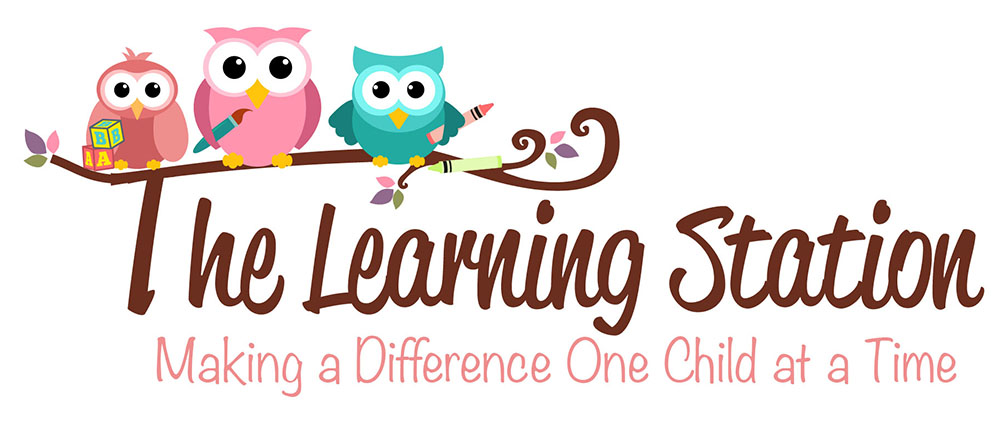Have you ever watched a child create a drawing or painting and wonder what their little minds were imagining? Maybe you thought they were drawing a house but once it’s finished they tell you its a castle or maybe even something different all together. As adults it’s easy to label a child’s creative play. We give titles to their playtime (House, School, Dress Up) that they don’t think of themselves. In doing so we limit their imaginations to fit inside the boxes we give them. We don’t do this intentionally but being careful to remain open minded when discussing creative play with little ones can, in turn, help broaden their horizons. So how do we do that? Here are a few questions and things to say instead:
“I love the way you used this color. Can you tell me about your picture?”
This gives confidence to the child but also allows them to lead the conversation about their artwork. Ask subsequent questions that are open ended as well. i.e. “What’s this?”, “Tell me more about this part.”, “Why did you choose ______ color?”, “How does this picture make you feel?”
Ask questions about the Art Supplies your child is using.
For children, art mediums are an immersive experience. They feel the paints, smell the crayons, and maybe even taste the clay! To step into their world, ask them open ended questions like “How does this paint feel?”, “How does it smell?”, “What are your favorite colors to use?”
Don’t set limits on Imaginary Play.
If your daughter wants to pretend to be a Princess Ninja, that’s okay! If your son wants to play House and “cook dinner”, let him. We have to be careful in setting creative limits and assigning gender roles to pretend play. Children don’t give a second thought to these things until we begin to label them. They often mimic what they see mom or dad doing and add their own touch. Allowing children the freedom to play and use their imaginations is invaluable to their social emotional development. Now this isn’t to say that children don’t need limits to keep them safe. Setting boundaries and supervising play is important. Children are able to thrive in healthy structured environments where their imaginations can take center stage. So if that means pretending to be a fish that lives on dry land? Let it be. It’s all a part of the process. These developmental years will pass quickly and their logical thinking will be stronger as a product of free childhood expression. Enjoy the silliness while you can!

